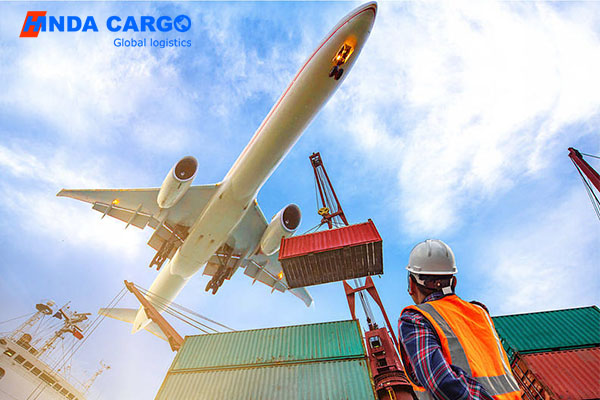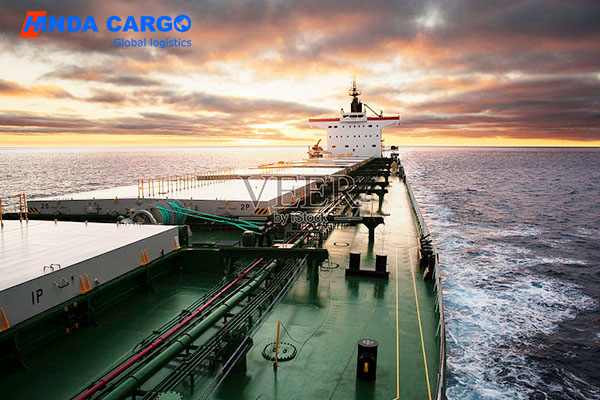Does air cargo need to go through customs?
Air freight is widely used as a fast and efficient way to transport goods around the world. However, many people may be curious whether air cargo needs to go through customs procedures? In this article, we will explore this issue in depth and explain the customs process and requirements for air cargo.
Does air cargo need to go through customs?
Yes, all air cargo needs to go through customs procedures. Customs procedures include inspection and customs clearance to ensure that the goods comply with the relevant laws and regulations of the destination country. This is an important step to ensure the safe entry of goods into the destination country.

Why does air cargo need to go through customs?
There are two main purposes for air cargo to go through customs procedures:
Purpose 1: Customs inspection can ensure that the goods do not contain prohibited or restricted items. These items may cause harm to the safety, health or environment of the destination country and therefore need to be intercepted and processed.
Purpose 2: Customs clearance is a procedure to ensure that the goods can legally enter the destination country. During the customs clearance process, the value, quantity and specifications of the goods will be verified, and relevant taxes or tariffs may be required. Only after the customs clearance procedure is completed can the goods officially enter the territory of the destination country.
What are the specific steps of the customs procedures for air cargo?
The following are the specific steps about the customs procedures for air cargo:
1. Document preparation: Before the goods are transported, the necessary documents and documents such as bills of lading, invoices, customs declarations, etc. need to be prepared. These documents will be used to submit to the customs for record and review of the goods.
2. Customs declaration: Once the goods arrive at the airport of the destination country, they need to be declared to the customs. This includes submitting the necessary documents and information so that the customs can review and clear the goods.
3. Inspection and review: Customs will inspect and review the goods to ensure that their contents comply with the regulations and requirements of the destination country. If contraband or problematic goods are found, customs may conduct further investigation and processing.
4. Pay duties and taxes: During the customs clearance process, you may need to pay certain duties and taxes. These fees are usually determined based on the value and type of goods and need to be borne by the sender or recipient of the goods.

What should I pay attention to when air cargo goes through customs procedures?
● The list of goods must be clear and consistent with the information declared by the airline and customs. Any inconsistent or inaccurate information may lead to delays or refusal of customs clearance.
● The packaging and labeling of the goods must meet the requirements of the customs. Goods should be properly packaged to ensure that they are not damaged during transportation. In addition, the identification of the goods must be clearly visible, including the recipient information, sender information, and the contents of the goods.
● Some special types of goods may require additional licenses or certification documents to enter the destination country. These documents may involve requirements in terms of health, animal and plant quarantine, intellectual property rights, etc., which need to be prepared in advance and submitted at the time of customs declaration.
How to ensure smooth passage of air cargo customs procedures?
Ensuring that goods pass through air cargo customs procedures smoothly is a concern for every shipper and consignee. Here are some suggestions to ensure smooth passage of air cargo customs procedures:
1. Be well prepared: Before the goods are transported, make sure all necessary documents and documents are prepared and ensure that they are accurate.
Comply with regulations: Make sure that the goods comply with the regulations and requirements of the destination country and avoid transporting contraband or dangerous goods.
2. Cooperate with customs: Maintain good communication and cooperation with customs, provide the required documents and information in a timely manner, and cooperate with customs inspections and audits.
3. Choose a reliable freight company: Choose an experienced and reputable freight company who can provide professional customs services to help goods pass through customs procedures smoothly.

What impact does customs procedures have on air cargo?
Customs procedures may have some impact on air cargo, especially in terms of delivery time and cost. Customs inspection and customs clearance may take some time, which may delay the delivery of goods. Therefore, when arranging the transportation of goods, it is necessary to take into account the time delays caused by customs procedures.
In addition, customs procedures may incur additional costs, including tariffs, taxes, handling fees, etc. These costs may affect the total transportation cost of goods and need to be considered and prepared during the transportation of goods. Therefore, when making a budget for cargo transportation, it is necessary to take into account the additional costs that may be caused by customs procedures.
Conclusion
Air cargo needs to go through customs inspection and customs clearance procedures to ensure the compliance and safety of goods and maintain the country's border security and trade order. The shipper should prepare relevant documents and information in accordance with regulations, cooperate with customs inspections and procedures, and ensure that the goods pass through customs smoothly and arrive at the destination on time.




